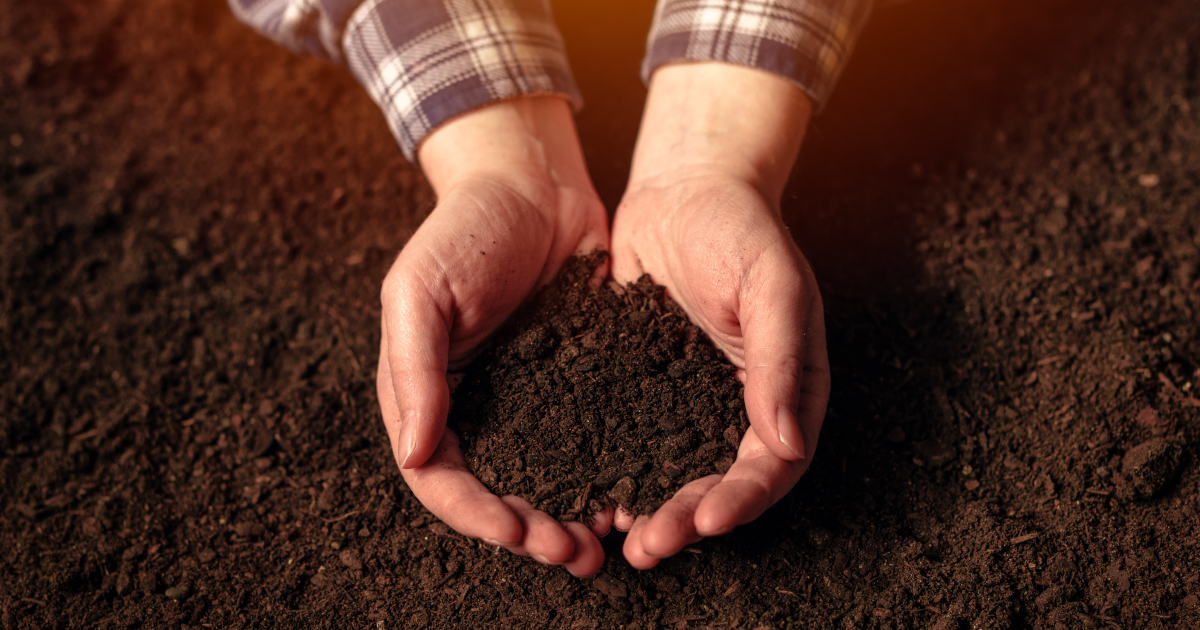
DOK-Trial
The world’s most significant long-term field trial comparing organic and conventional cropping systems
Source: FiBL Switzerland
Since 1978, biodynamic (D), organic (O) and conventional (K for German: “konventionell”) production of arable crops such as wheat, potatoes, maize, soya and grass-clover leys has been compared at the same site in a practice-oriented trial design. In addition there is a stockless, non-organic variant receiving mineral fertilizer only (M). At the outset of the trial the aim was to clarify whether organic arable farming is feasible at all given natural pressures from weeds, pests and diseases and whether it would produce sufficient yields. The results showed that good, high-quality yields can indeed be achieved. (1)
Since the mid-1990s the focus has been on questions relating to sustainable farming, soil quality, and product quality. (2),(3),(4),(5),(6)
Fertile soil is the basis of all agricultural production. A number of research teams therefore aim at understanding the ecological processes taking place in the soil, at the soil surface, and above the surface within the model system that is the DOK Trial.
